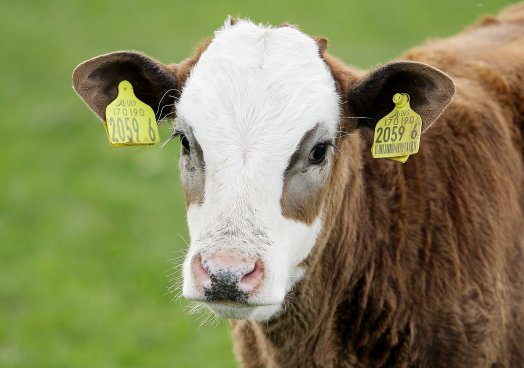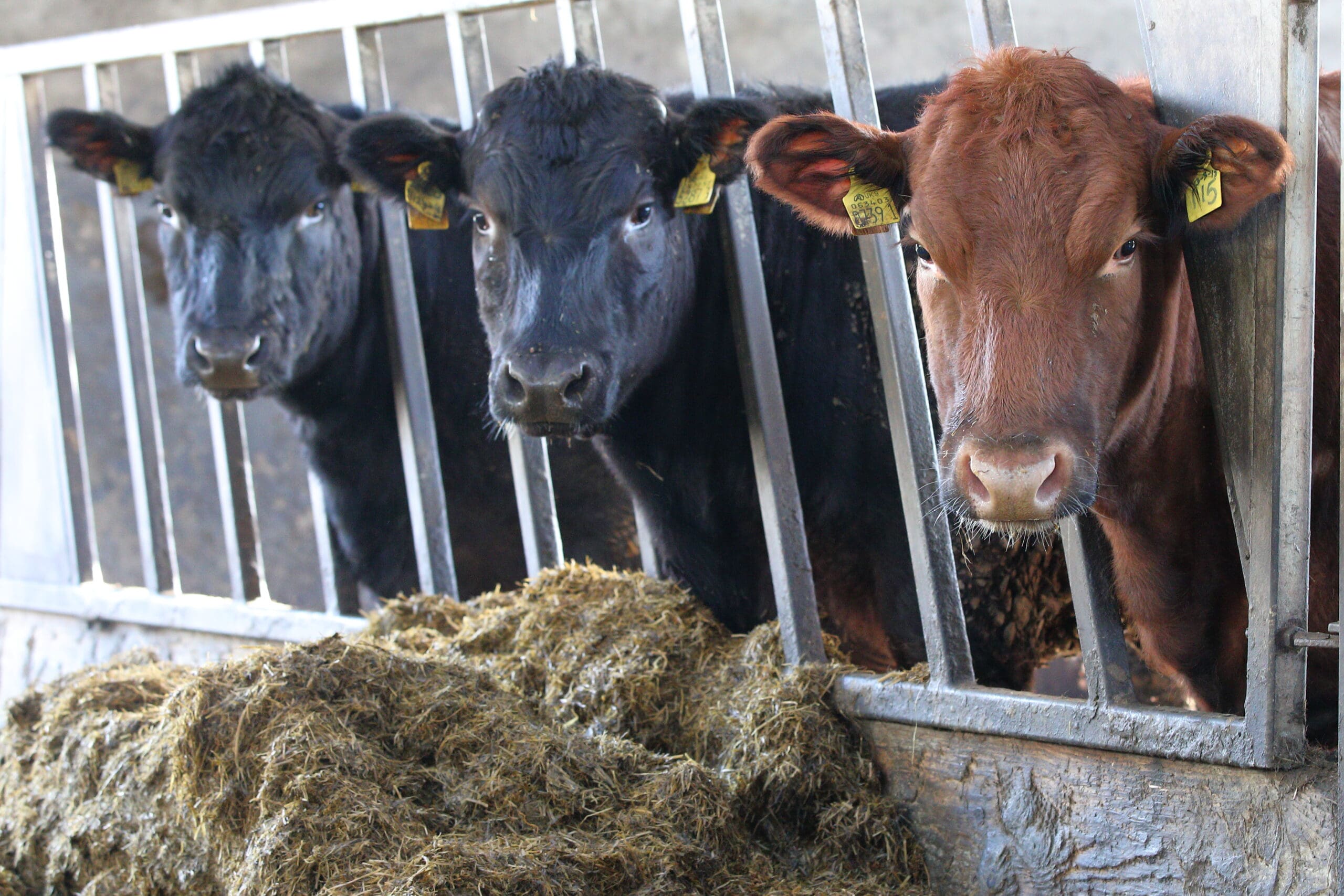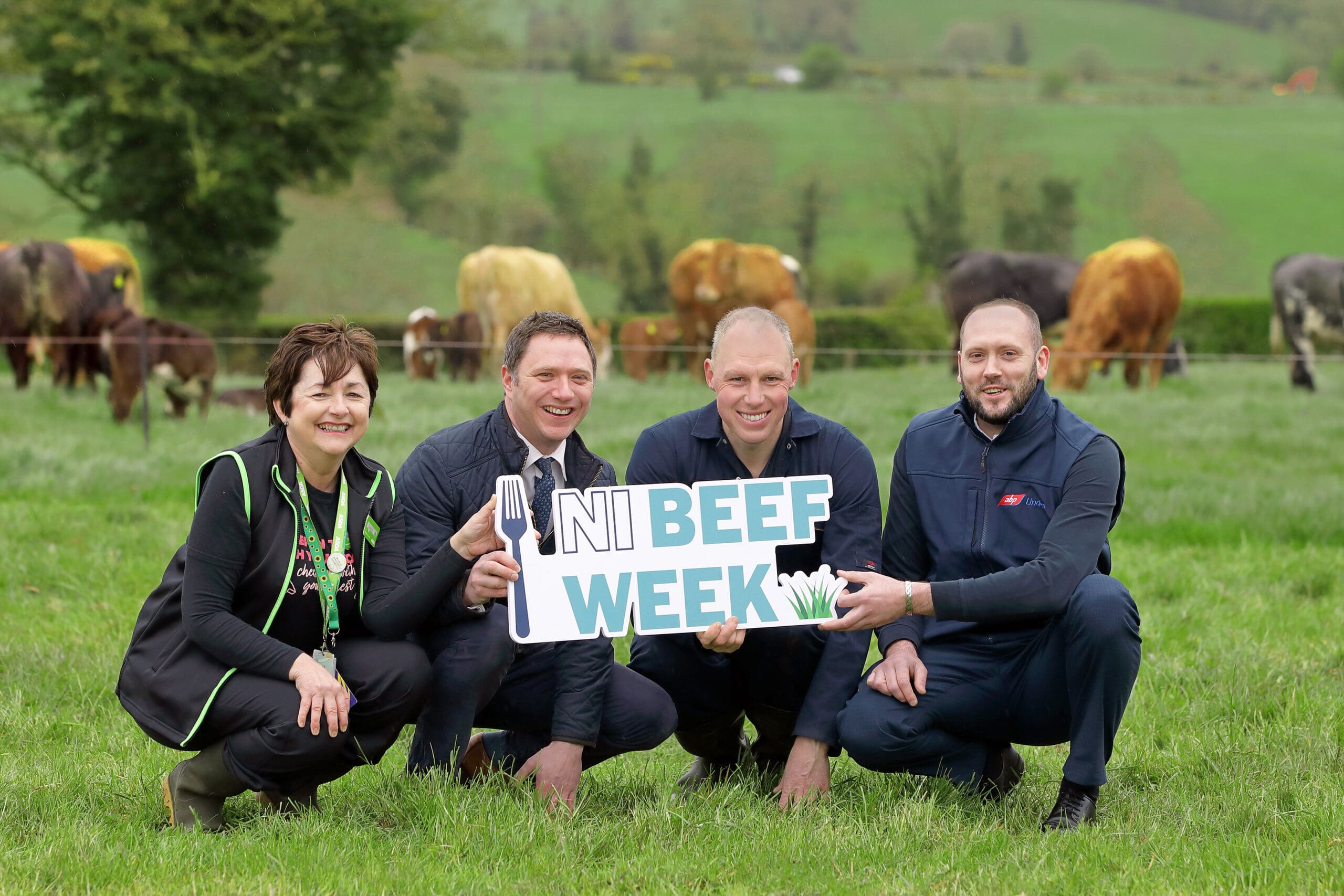
Commodity Watch – Red Meat Exports
The news this week that the Republic of Ireland has become the first EU Member State since the 1990s to gain access to the USA for the sale of beef has been broadly welcomed by farming leaders across Europe. Reports that exports to the US market could be worth €50-100m to ROI is a positive signal for an industry which has experienced noted difficulties over the past 12 months and is hopefully a sign that further opportunities will arise in the future for other EU Member States.
The announcement of new export markets opening is often satisfying news, but we have perhaps become more accustomed in recent times of new export markets being associated with 5th quarter products or plainer cuts, which while of course being very important are never going to make any real headlines. What makes the latest export developments between ROI and the USA more intriguing however is that where we would traditionally have seen the UK as the global premium market, the USA has now taken that honour in the past 12 months following sustained drought conditions which have had a severe impact on the national beef herd, returning it to levels not seen since the 1950s.
At this stage we do not really know what quantity or cuts of Irish beef will be exported to the USA, but what we do know is that it is a nation with an insatiable demand for beef products. Over the past 12 months beef producers in the USA will have profited from this as demand for their stock grew, but with supplies becoming ever tighter Australia and New Zealand have also become major beneficiaries of this market as well. With forecasts suggesting that it could be 2017 before the USA is able to reverse their declining production cycle, this should open up opportunities for those keen to supply this valuable market. Indeed, US inspectors are also expected in UK meat plants in the coming months and if these are successful it may not be that long before UK beef and lamb also finds its way to this valuable market.
One of the other key developments throughout this process which should not be ignored is that while we know the USA originally banned European beef because of concerns about BSE, the restrictions they put in place went far and beyond the standards of the World Organisation for Animal Health. Now that the USA has re-opened their market to EU beef, this demonstrates that there is a growing global trend which is acknowledging the comprehensive and robust measures the EU has used to eradicate BSE. This was summed up well by EU Commissioners this week and it is certainly welcome that they are now calling on the few remaining international trading partners who still maintain restrictive measures to revise their positions in line with the latest scientific evidence and swiftly resume EU beef imports.
Overall we must welcome this news and be positive about the opportunities this could bring for the agri-food sector in the British Isles. However just like our colleagues in ROI, a little caution should be reserved first. For farmers, the success of these developments can only be measured on whether the food supply chain will be able to deliver a sustainable price which beef farmers can work from.




